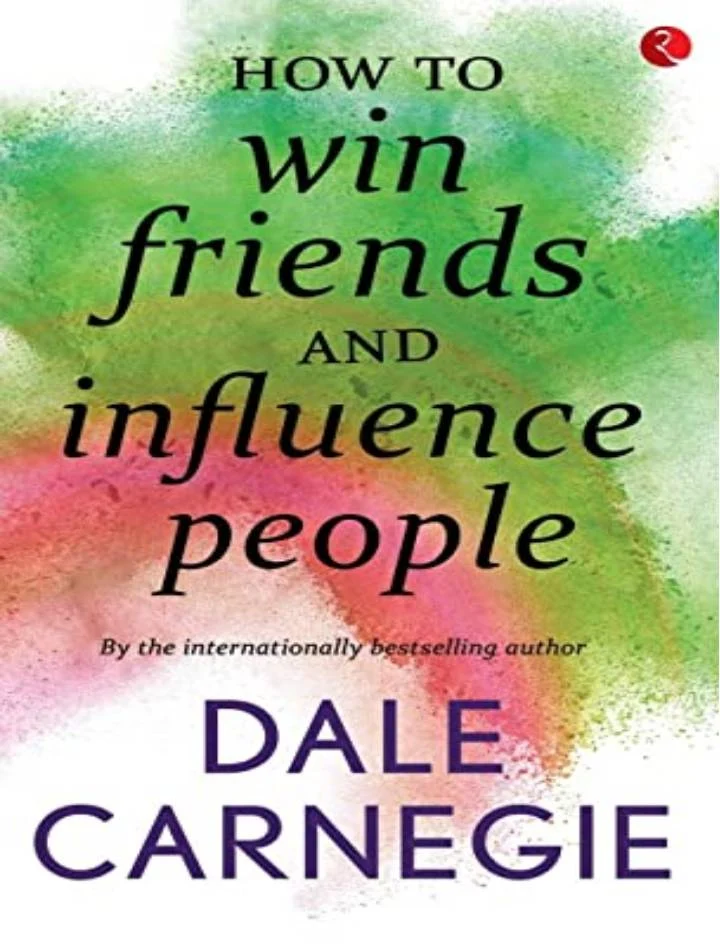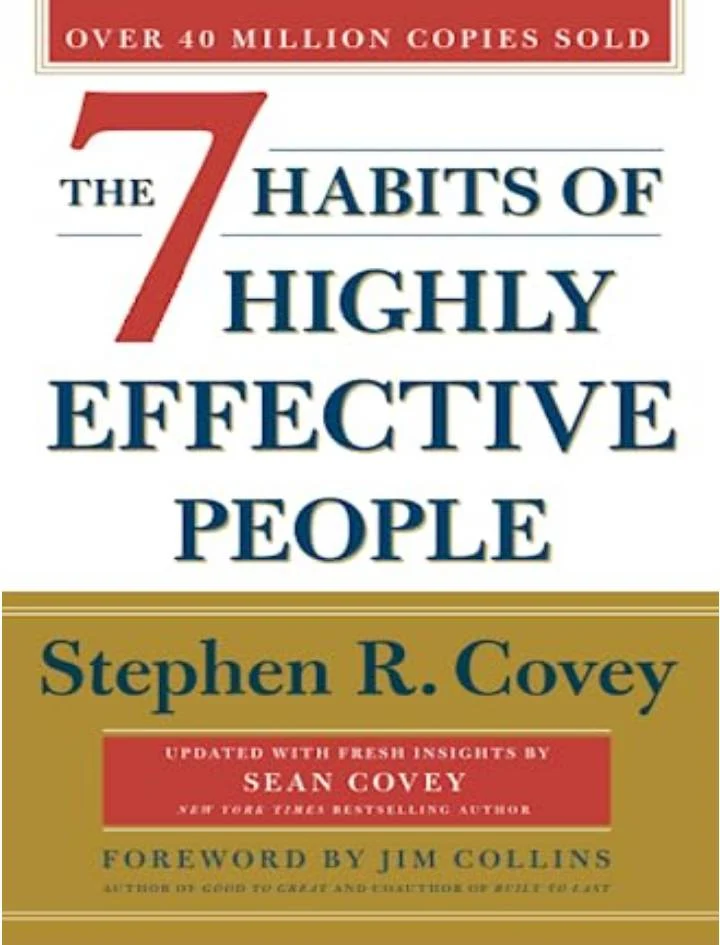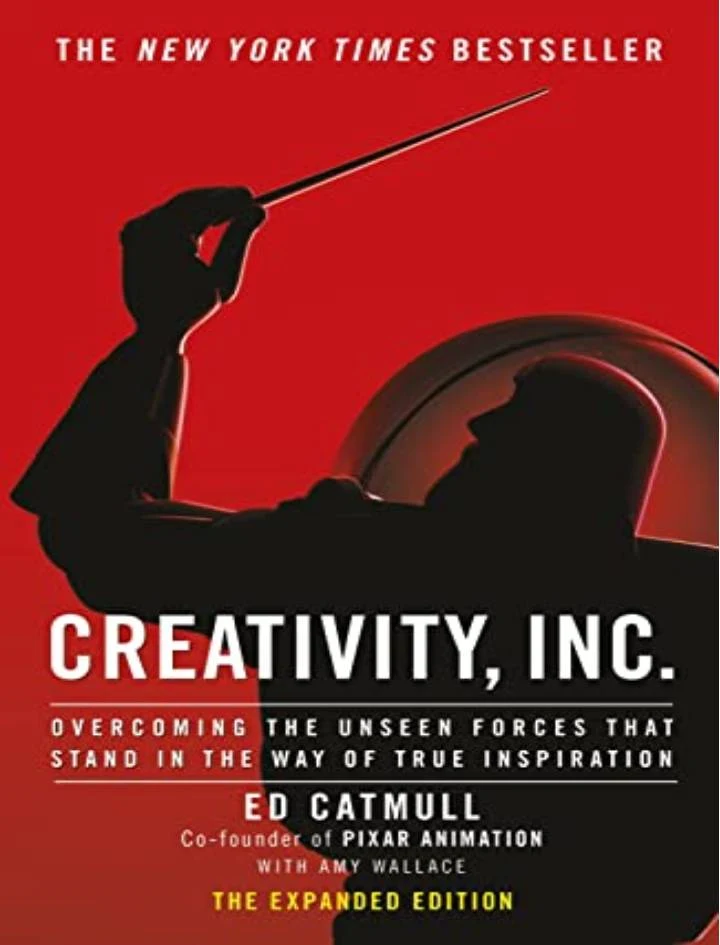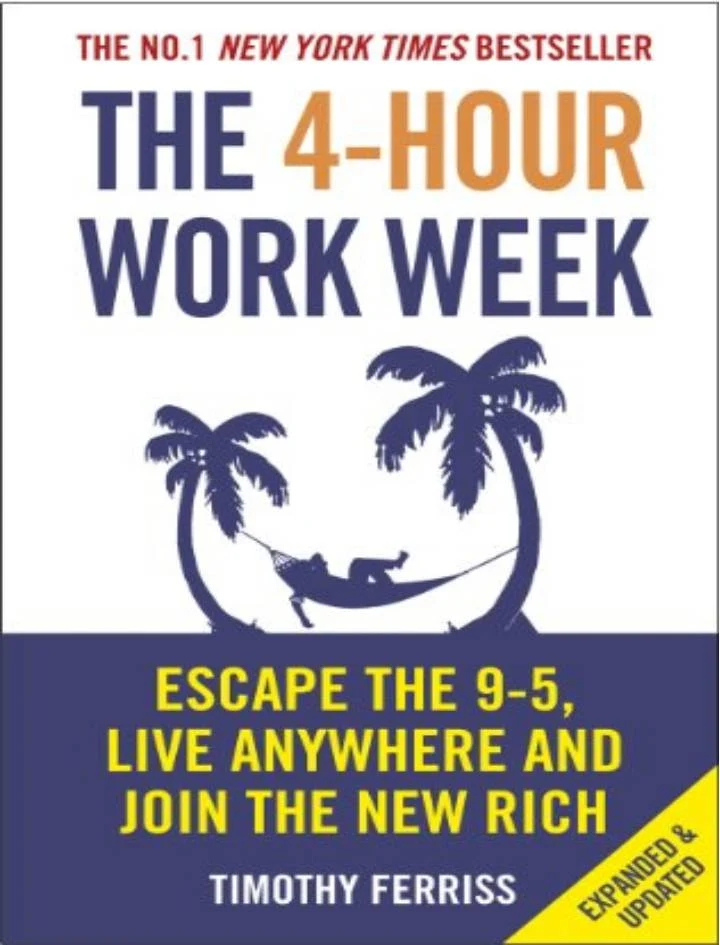Top 10 Entrepreneurs Books In 2025
The most difficult part of learning how to invest is deciding where to start. Reading is an excellent way to learn the ins and outs of the stock market, investment strategies, and how to become a successful investor.
Investing is a method in which money is set aside in order to make more money by receiving benefits. The Best Investing Books of all time are listed below for you to start with.
Best 10 Investment Books: Check them out!
- How To Win Friends And Influence People by Dale Carnegie
- The 7 Habits Of Highly Effective People by STEPHEN R COVEY
- The Lean Startup by RIES ERIC
- Blink by MALCOLM GLADWELL
- Crushing It! by Gary Vaynerchuk
- The Hard Thing About Hard Things by Ben Horowitz
- The Founder’s Dilemmas by Noam Wasserman
- Creativity, Inc. by Ed Catmull
- The 4-Hour Workweek by Timothy Ferriss
- Thinking, Fast And Slow by Daniel Kahneman

BOOK DETAILS: Language : English Paperback : 296 pages Reading age : 13+ years Item Weight : 220 g Dimensions : 17.8 x 10.8 x 1.6 cm Customer Reviews: 4.5Buy Now Detailed Review

PRODUCT DETAILS: Language : English Paperback : 469 pages Item Weight : 350 g Dimensions : 20.3 x 25.4 x 4.7 cm Customer Reviews: 4.5Buy Now Detailed Review

PRODUCT DETAILS: Language : English Paperback : 336 pages Item Weight : 330 g Dimensions : 23.4 x 15.3 x 2.03 cm Customer Reviews: 4.5Buy Now Detailed Review

PRODUCT DETAILS: Language : English Paperback : 304 pages Item Weight : 304 g Dimensions : 19.7 x 12.9 x 1.84 cm Country of Origin : United Kingdom Customer Reviews: 4.3Buy Now Detailed Review

PRODUCT DETAILS: Language : English Paperback : 288 pages Item Weight : 333 g Dimensions : 15.24 x 1.83 x 22.86 cm Reading age : 13+ years Customer Reviews: 4.5Buy Now Detailed Review

PRODUCT DETAILS: Language : English Paperback : 304 pages Item Weight : 458 g Dimensions : 15.24 x 2.57 x 22.86 cm Country of Origin : United Kingdom Customer Reviews: 4.6Buy Now Detailed Review

PRODUCT DETAILS: Language : English Paperback : 496 pages Item Weight : 522 g Dimensions : 15.54 x 23.5 cm Customer Reviews: 4.5 out of 5 starsBuy Now Detailed Review

PRODUCT DETAILS: Language : English Paperback : 368 pages Item Weight : 460 g Dimensions : 23.4 x 15.3 x 2.21 cm Country of Origin : United Kingdom Customer Reviews: 4.7Buy Now Detailed Review

PRODUCT DETAILS: Language : English Paperback : 416 pages Item Weight : 317 g Dimensions : 21.6 x 13.5 x 2.49 cm Country of Origin : United Kingdom Reading age : 13+ Customer Reviews : 4.4 out of 5 starsBuy Now Detailed Review

PRODUCT DETAILS: Language : English Paperback : 512 pages Item Weight : 350 g Dimensions : 19.8 x 12.9 x 3.06 cm Reading age : 13+ Customer Reviews: 4.5 4.5 out of 5 starsBuy Now Detailed Review
Amazon Associate Disclosure
We're part of Amazon's affiliate program! This means that when you shop through links on our site at Amazon.com, we may earn some advertising fees.